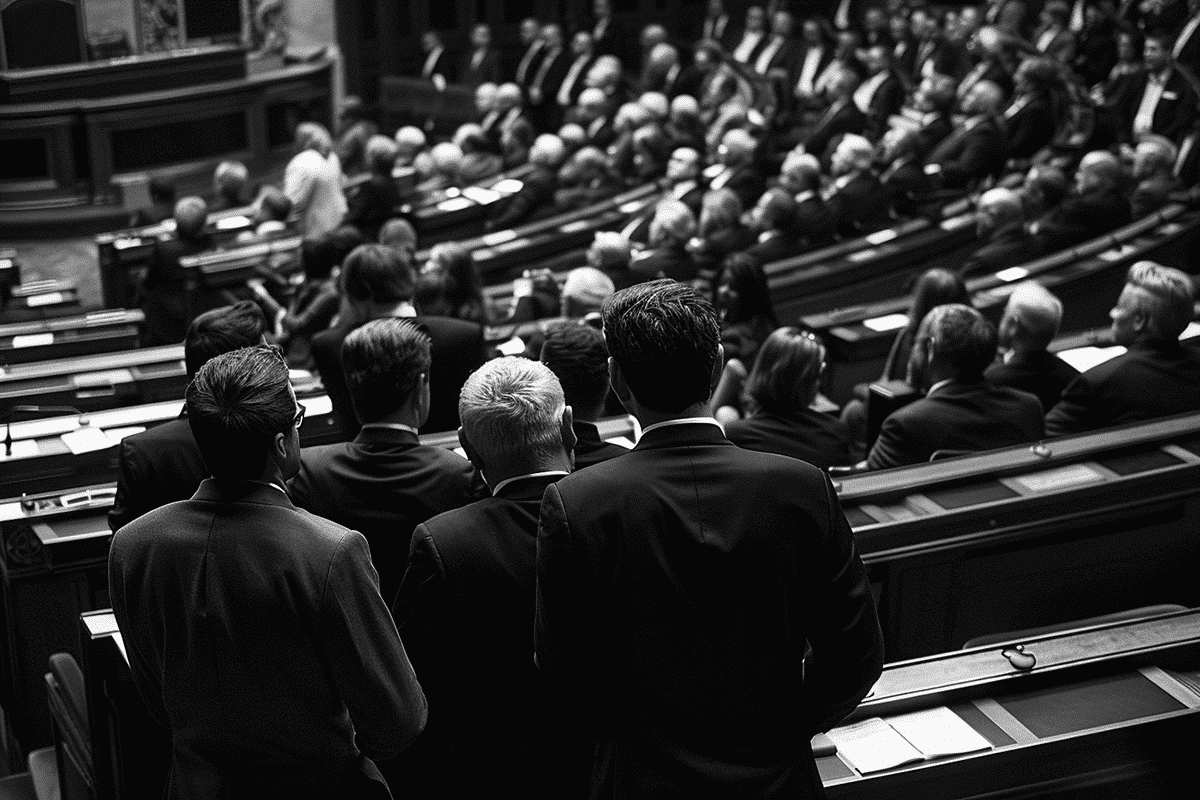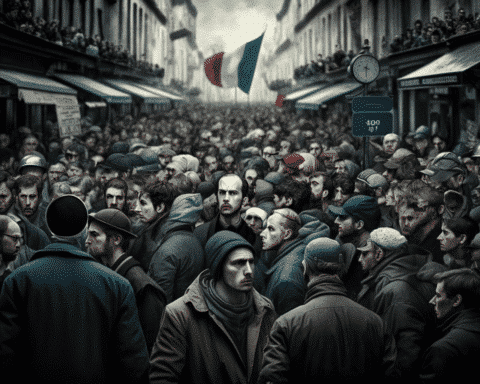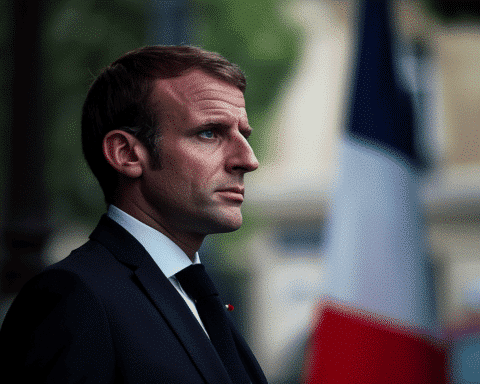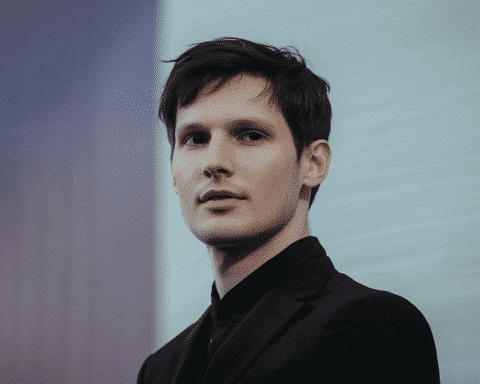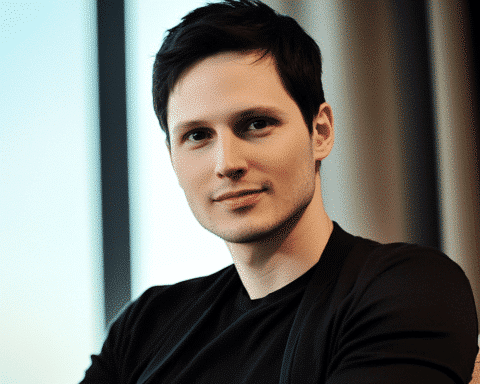In an unprecedented turn of events in France’s modern political history, the leftist coalition, New Popular Front, has demanded the right to form a government after securing the most seats in the National Assembly. The coalition, however, did not achieve a majority, resulting in a fractured parliament and raising the risk of legislative paralysis in the European Union’s second-largest economy.
The legislature is now split among three main factions: the New Popular Front, President Emmanuel Macron’s centrist allies, and the far-right National Rally. The outcome of the vote has set the stage for intense political maneuvering and negotiations.
Despite the political upheaval, President Macron asked his Prime Minister, Gabriel Attal, to continue handling day-to-day affairs, even though Attal had offered his resignation. This request comes just weeks before the start of the Paris Olympics and on the eve of Macron’s departure for a NATO summit in Washington.
The New Popular Front, comprising the hard-left France Unbowed, the Socialists, and the Greens, has begun internal negotiations to select a candidate for prime minister. The coalition has urged Macron to recognize their right to form a government immediately, emphasizing that the prolonged retention of Attal could be perceived as an attempt to undermine the election results.
The coalition warned that ignoring the election outcome could be seen as a betrayal of the constitution and a coup against democracy, which they vowed to oppose. The New Popular Front includes former Socialist President Francois Hollande, who has made a significant political comeback by winning a seat in his hometown. Hollande’s unexpected return adds weight to the coalition’s claims and their negotiating position.
As the largest Republican force in the country, the New Popular Front asserts that it is their responsibility to form a government and implement public policies expected by the French populace. However, the coalition faces internal challenges. There is a division between those pushing for a hard-left figure for prime minister and those advocating for a more consensual, centrist candidate.
The Socialist party has confirmed that Jean-Luc Mélenchon, the divisive hard-left founder of France Unbowed, will not be considered for the prime minister position. Mélenchon, who did not run in the legislative elections, remains an influential figure in the ongoing talks at the National Assembly. The coalition is exploring the possibility of collaborating with center-left members of Macron’s alliance to form a more stable government.
Some coalition members recognize the necessity of making compromises and working collaboratively. The election results reflect the French people’s desire for a more cooperative political environment, as no single bloc was granted an absolute majority. The results were as follows: over 180 seats for the New Popular Front, more than 160 for Macron’s centrist alliance, and over 140 for the far-right National Rally led by Marine Le Pen.
Macron, with three years remaining in his presidential term, faces the daunting task of navigating this complex political landscape. The fractured parliament could hinder his ability to implement his agenda and maintain stability in the government.
The immediate future of French politics will be defined by the negotiations within the New Popular Front and their interactions with other political factions. The coalition’s ability to present a united front and choose a prime minister candidate acceptable to a broader range of political actors will be crucial in determining whether they can effectively govern.
The leftist coalition’s demand to form a government marks a significant moment in France’s political history, reflecting broader shifts and the electorate’s desire for change. As the country moves forward, the actions of its political leaders will be closely watched, both domestically and internationally, as they work to address the challenges posed by a fractured parliament and a divided electorate.
